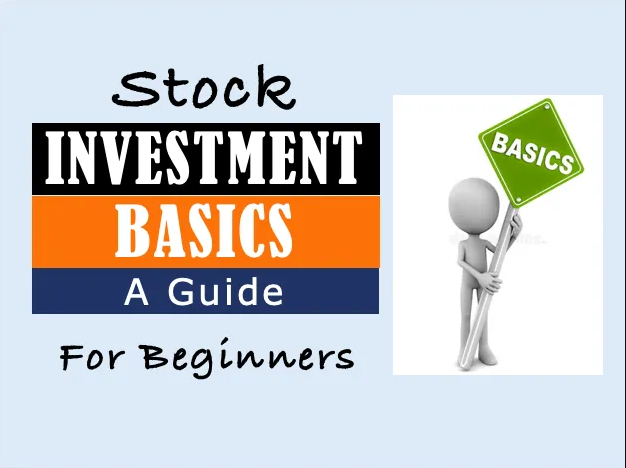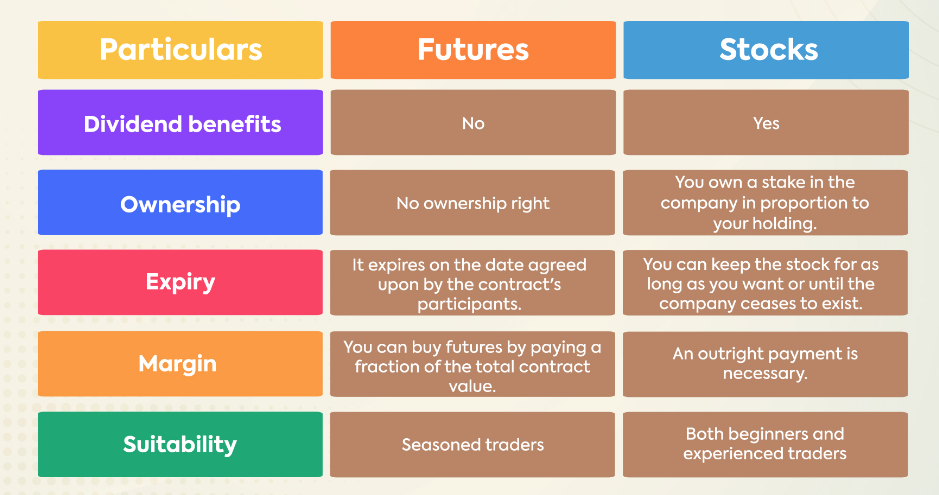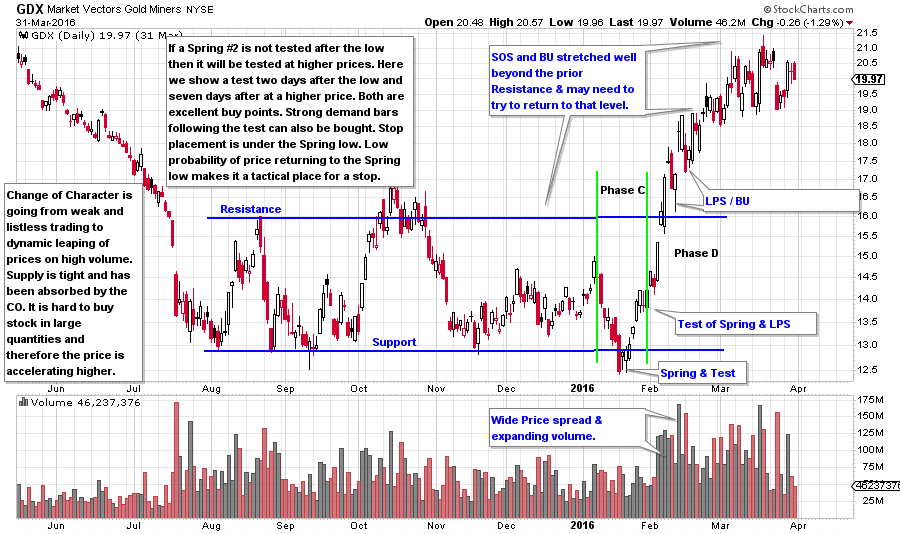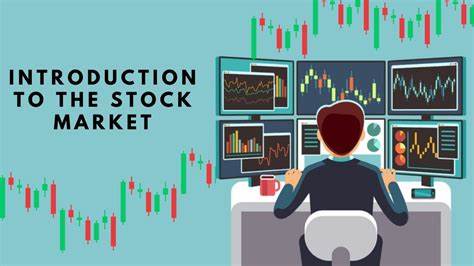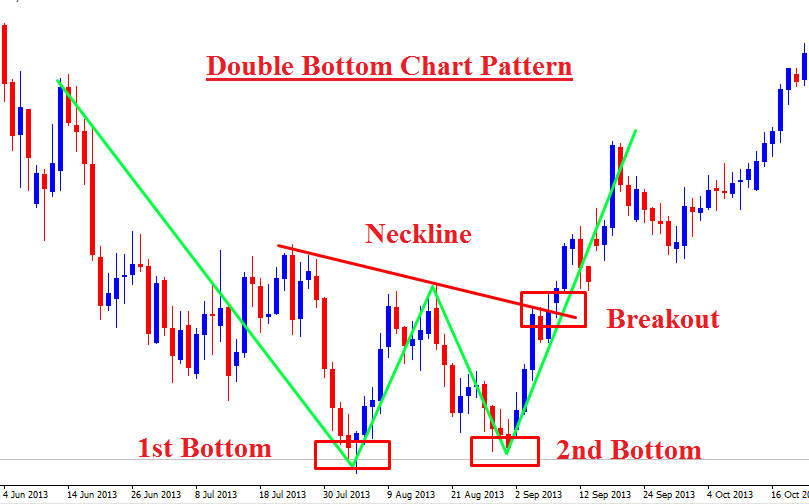The cost of stock trading depends on several factors, such as the type of broker, the size of the trade, the frequency of trading, and the services offered by the broker. Here are some general points to consider:

There are two main types of brokers: full-service brokers and online brokers. Full-service brokers offer more personalized advice and guidance, but they also charge higher fees. Online brokers offer lower fees, but they usually provide less support and research tools.
The most common fee charged by brokers is the trade commission, which is the amount you pay every time you buy or sell a stock. Trade commissions vary from broker to broker, but they can range from $0 to $10 per trade. Some brokers charge no trade commissions at all, but they make up for it with other fees.
The average cost to trade a stock or ETF through online brokerages is $8.90. Most online broker houses charge between $7 and $10 per trade. Full-service brokers charge 1% to 2% of the total purchase price, a flat fee, or a combination of both, for stock purchases.
mutual fund transaction fees, expense ratios, sales loads, management fees, and 401(k) fees. These fees are related to the specific products or services that the broker offers, and they can affect your returns over time. You should always read the fine print and compare the fees before choosing a broker.
You can reduce the cost of stock trading by choosing a broker that suits your needs and budget, trading less frequently, investing in low-cost index funds or ETFs, and taking advantage of promotions or discounts offered by some brokers. You can also use online tools and resources to research and analyze stocks on your own, rather than relying on expensive advice or data from brokers.

